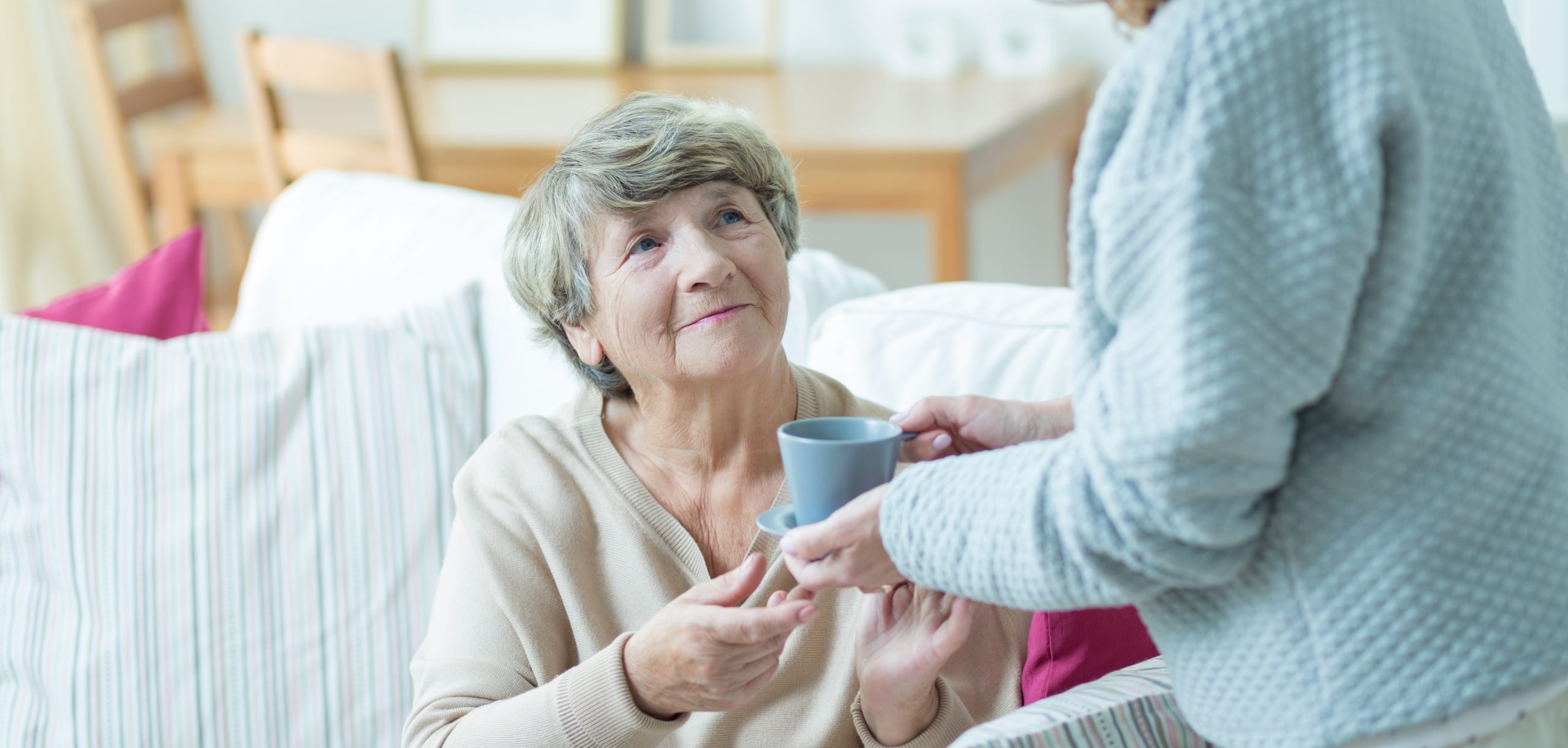Unpaid carers are often left with the emotional undertaking of caring for loved ones within the UK. This means that the needs of their loved ones comes first, and their needs come second or not at all. It can be a quick route to effective burnout, leaving both the carer and the person they care for feeling drained and needing help. As they say on planes, you need to secure your oxygen mask before you help others with theirs. This, is the oxygen mask for unpaid carers.
Take Breaks
It may sound simple and obvious, but many carers do not take breaks. It’s important to fully step away for a few minutes or even an hour or so at a time to care for yourself and not someone else. Take a walk outside, eat some food, read a book, even meditate if possible. Whatever helps you to relax and re-center.
Ask For Help
Many unpaid carers are left with the burden of caring for someone entirely on their own. It’s important to know when you’re in over your head and ask for help. If you can’t afford to hire someone to help, ask friends or other family members to step in. That way you have a support system in place for the person you’re caring for, and yourself.
Talk it Out
Whether it’s with another relative, a friend, or perhaps even someone else you may know who is an unpaid carer – talking out your stress and frustrations is healthy. If possible, look into professional counselling by way of therapy. They may be able to offer insight to your specific situation and how to best manage your own emotions and care for yourself while also caring for another.
Meditate
Meditation can be as simple as a 10-15min practice done each day. Not sure where to start? There are free guided meditation apps available to help walk you through quieting your mind. It’s a practice that starts slow and steady. There are also free guided meditations on most music streaming services and even YouTube. Some are specific by category and emotion which can be especially helpful depending what you’re going through or dealing with.
Practice Gratitude
It might sound simple but this one is often overlooked. Practicing gratitude can help you to refocus and retrain your mind to look at the positives in any given situation. A great place to start is by keeping a journal, either digital or physical, and listing three things you’re grateful for each day. Keep it as specific to the day as possible versus broad, blanket statements. This will help you to reframe your mindset, even in difficult situations.
We understand that being an unpaid carer can be a stressful undertaking. We hope this guide served as a helpful starting point to looking after yourself as well.

